Online Gaming Law: A great victory for public health in India
The WHO says this recreation is a syndrome that “results in marked distress or significant impairment in personal, family, social, educational or occupational functioning”.
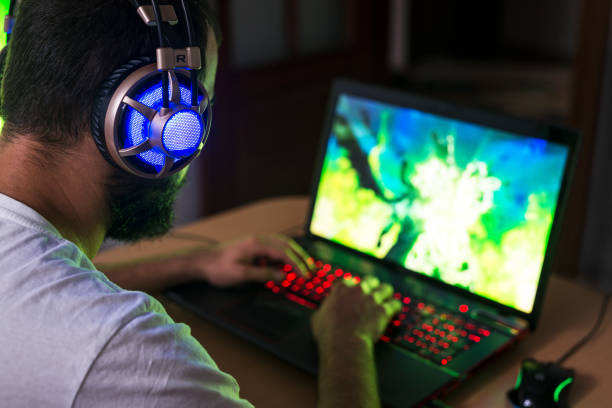 Representative Image. / iStock
Representative Image. / iStock
Recently, in late August 2025, India enacted the Promotion and Regulation of Online Gaming Bill as a law. This is a great public health victory exhibiting resolute political will against vested profit-making interests in favor of public health and is especially beneficial for the middle class, youth, and women of India. Such policies need to be formulated and implemented by all countries worldwide. India has taken this lead by sheer fortitude shown by the Prime Minister Modi's administration.
Three types of online web-based gaming activities have been functioning in India. The first type of online game is online social games. Online social games include (1) party games like Among Us, Pictionary, Charades, Quiplash, Bingo, Jackbox Party Packs, Heads Up!, and so on (2) collaborative building games that involve players working together to achieve a common goal, often through creative, problem-solving, or strategic gameplay, such as Minecraft, where players can work together on large-scale creative projects, and various virtual escape rooms or puzzle games like those found on platforms such as Escapely that require teamwork to solve challenges, and (3) virtual tabletop (VTT) experiences like Tabletop Simulator and Board Game Arena. These replicate physical tabletop roleplaying games (TTRPGs) in a digital environment, allowing players to play from anywhere in the world. Online social games have been extended to creative platforms like Roblox and trivia-based apps such as Kahoot. These have been legalized under the Bill and are slated for promotion.
The second type is Esports. Esports are played between multiple players, typically professional gamers, through video games, and are played competitively for spectators. Esports organize competitive video game events just like traditional sports, where players or teams compete for prizes in structured leagues and tournaments. These include diverse genres like first-person shooters (FPS), Multiplayer Online Battle Arenas (MOBAs), and sports simulations. Esports offer professional opportunities with substantial prize pools and salaries, drawing interest from major brands, broadcasters, and players. India has been quite successful in this field. The Bill legalizes these Esports and promotes them.
The third category is online games that involve real money exchange. These have been banned under the Bill. The new law prohibits platforms from offering online money games. It imposes penalties on violators for hosting these services, including imprisonment for up to three years and substantial fines (up to 10 million rupees) for companies and banks. Endorsing or promoting these platforms, even by influencers or celebrities, could lead to imprisonment for up to two years and substantial fines. This ban aims to address the monetary and community distress caused by addictive, real-money online games, shifting from a regulatory “penumbra” toward a clear, controlled milieu for the gaming industry.
This Bill is very important from a public health perspective because the World Health Organization has included gaming disorder in the 11th revision of the International Classification of Diseases (ICD-11), as, “a clinically recognizable and clinically significant syndrome, when the pattern of gaming behavior is of such a nature and intensity that it results in marked distress or significant impairment in personal, family, social, educational or occupational functioning.” Diagnostic and Statistical Manual of Mental Disorders (DSM-5-TR) also acknowledges internet gaming disorder (IGD) as a behavioral addictive disorder.
The characteristic symptoms of this disorder are a preoccupation with gambling, withdrawal symptoms (such as sadness, anxiety, irritability) when gaming is taken away, tolerance (or the need to spend more time), inability to reduce playing, giving up other activities, continuing to game despite problems, and lying to family members about money spent, and its use to relieve negative moods.
The Bill directly places a reduction on curbing this disorder through legislation. The harms of gaming addiction do not remain confined to a single person but impose a large societal cost, particularly on the middle class (who suffer monetary losses), youth (who miss out on engaging in productive activities), and women (who must face the brunt of the scourge). Gaming disorder affects between 0.3 and 1 percent of the world’s population, and in the United States alone, 160 million users engage in online gaming.
This law is quite an intrepid move because as can be assumed that this business was booming with a strong backing and lobby of mighty companies, such as Dream 11 (the largest fantasy sports platform focused on cricket, football, etc.), Games 24x7 (which runs My11Circle for fantasy sports and RummyCircle for online rummy), Mobile Premier League (with over 100 million users), and other such groups.
Vested interests have been active since 2008 for these real-money gambling activities for their fiscal benefits (estimated to be in crores of rupees), neglecting public health. Prime Minister Narendra Modi and his administration, acting swiftly, brought this Bill to Parliament, had it approved by both Houses, and ratified it by the President in just two days to make it a law of the nation. This rapidity was undertaken to offset any scope for lobbying. This public health-friendly law requires unambiguous support from all sections of society and should be viewed as a model to be emulated in all nations around the world.
The writer is a Professor in the Department of Social and Behavioral Health and an Adjunct Professor of Internal Medicine at the University of Nevada, Las Vegas, USA. He is a global health promotion expert and president of Health for All, Inc.
(The views and opinions expressed in this article are those of the author and do not necessarily reflect the official policy or position of New India Abroad)
ADVERTISEMENT
ADVERTISEMENT
E Paper
Video




 Dr. Manoj Sharma
Dr. Manoj Sharma
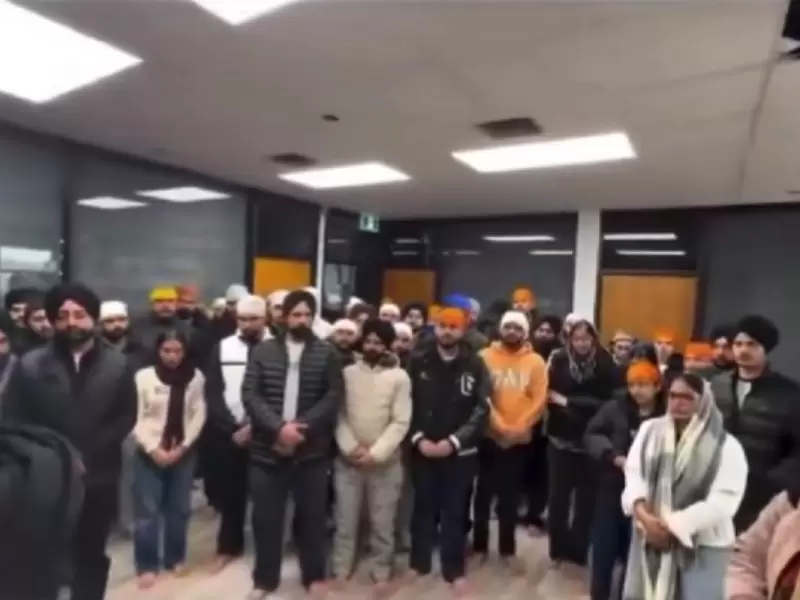

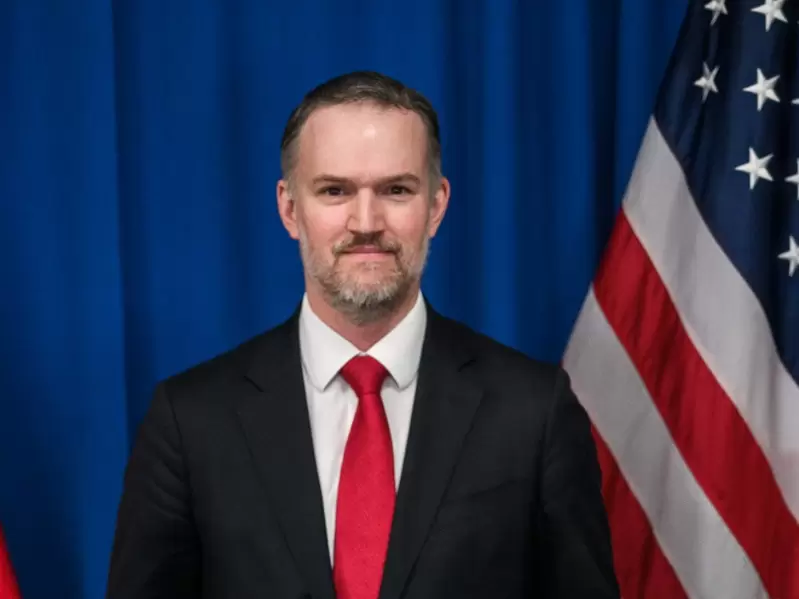
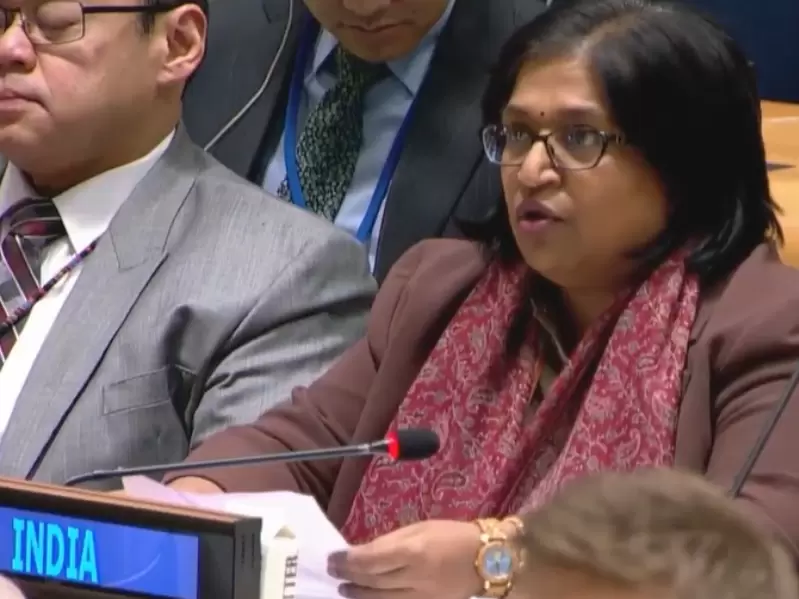
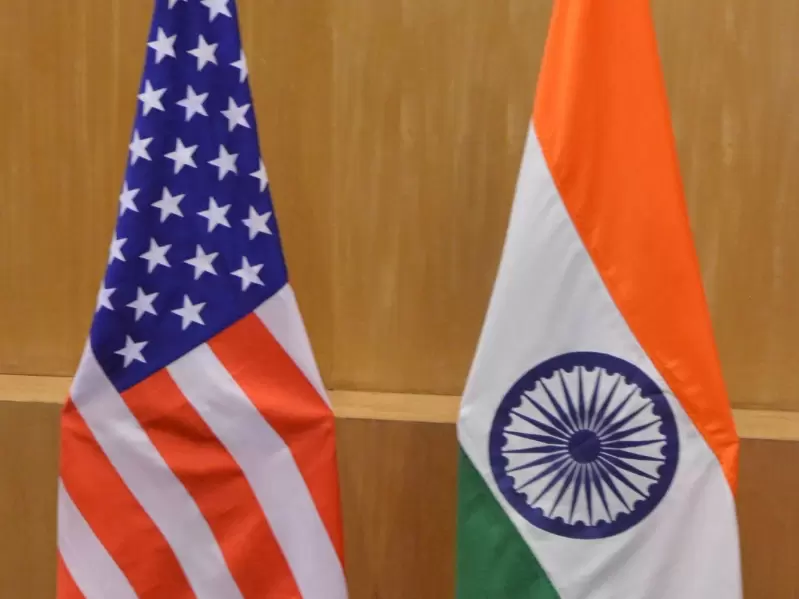
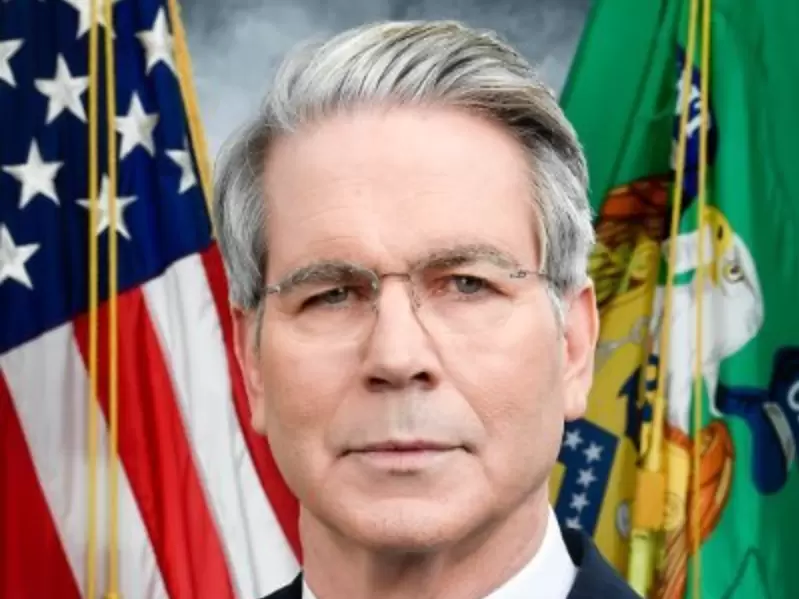

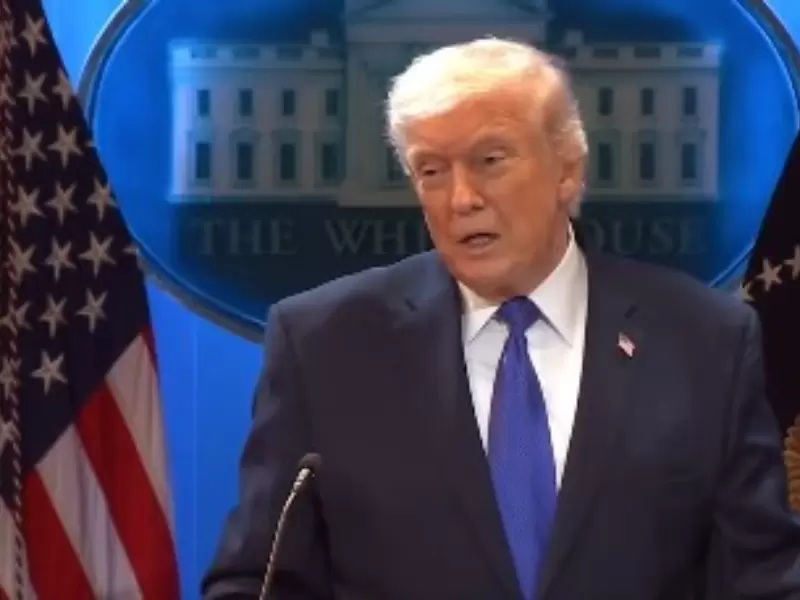
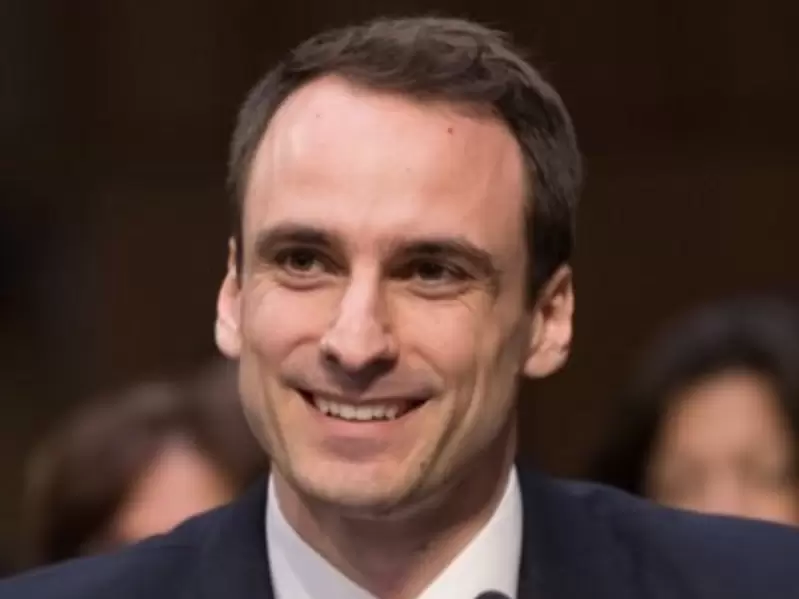
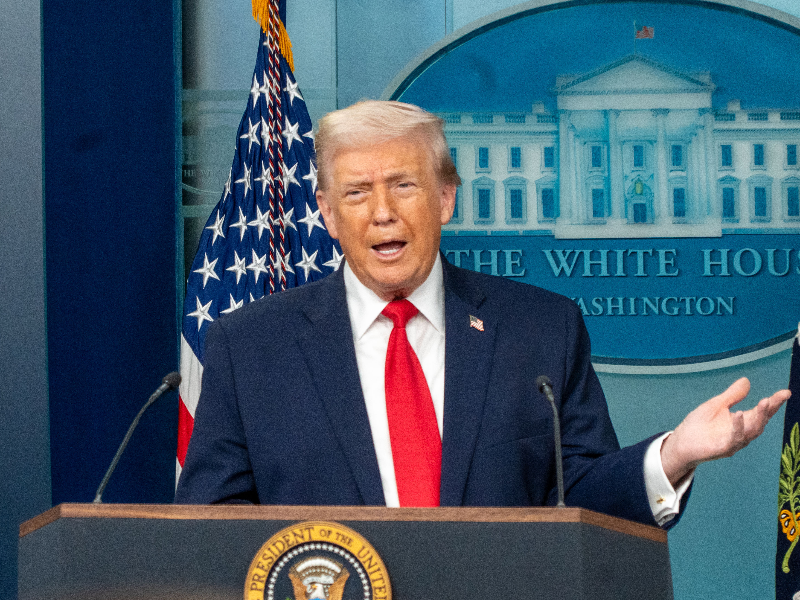
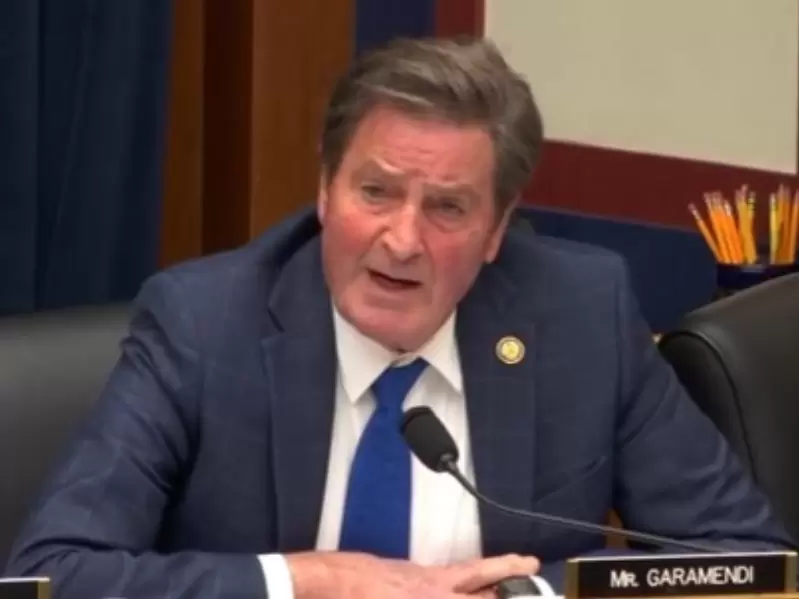


Comments
Start the conversation
Become a member of New India Abroad to start commenting.
Sign Up Now
Already have an account? Login